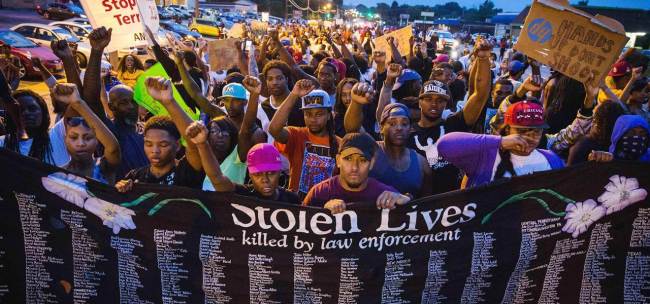
Ferguson, Missouri, August 16, 2014. Photo by Lucas Jackson, Reuters.
As part of our People’s Historians Online series, we hosted a special session with Keisha N. Blain on the “Roots of the 2020 Rebellion,” focused on the history of policing. Many teacher participants reflected that what they learned about the origins and practices of policing is vital to make sense of current events, but is not in their U.S. history textbooks.
Therefore, we offer resources below to teach outside the textbook in middle and high school classrooms about police throughout U.S. history. There are many more books, articles, and films on the topic — these are just a few student-friendly suggestions.
To get started, we recommend the Throughline podcast on the history of policing in the United States with Khalil Gibran Muhammad.
Please let us know how you use these resources with students and key titles you suggest we add to the list.
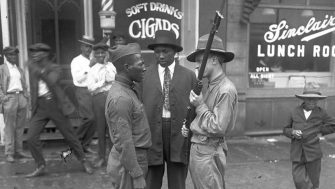 |
Lessons and Textbook Critiques“Riots,” Racism, and the Police: Students Explore a Century of Police Conduct and Racial Violence by Ursula Wolfe-Rocca (Zinn Education Project) A 7-year-old student’s telling answers on a worksheet titled ‘Police Protect Us’ by Valerie Strauss (Washington Post, June 2, 2020) Happening Yesterday, Happened Tomorrow: Teaching the ongoing murders of Black men by Renee Watson (Rethinking Schools) How Chicago’s Public Schools Are Teaching the History of Police Torture b The Murder of Sean Bell: From Pain to Poetry by Renee Watson (Rethinking Schools) Remembering Red Summer — Which Textbooks Seem Eager to Forget by Ursula Wolfe-Rocca (Zinn Education Project) ‘What We Want, What We Believe’: Teaching with the Black Panthers’ Ten Point Program by Wayne Au (Rethinking Schools) |
|
 |
PodcastsThroughline: American Police The origins of policing in the United States, starting with slave patrols. Features Khalil Gibran Muhammad, author of The Condemnation of Blackness: Race, Crime, and the Making of Modern Urban America. Intercepted: Ruth Wilson Gilmore Makes the Case for Abolition. Gilmore, in conversation with Chenjerai Kumanyika, offers a comprehensive road map for understanding how we have arrived at the present political moment of brutality and rebellion, and she lays out the need for prison abolition and defunding police forces. Democracy Now: Badges Without Borders: How Global Counterinsurgency Transformed American Policing Interview with Stuart Schrader, author of a book by the same name. |
|
Books for High School Students and AdultsChokehold: Policing Black Men by Paul Butler The End of Policing by Alex S. Vitale Invisible No More: Police Violence Against Black Women and Women of Color by Andrea J. Ritchie The New Jim Crow: Mass Incarceration in the Age of Colorblindness by Michelle Alexander Pushout: The Criminalization of Black Girls in Schools by Monique W. Morris Slave Patrols: Law and Violence in Virginia and the Carolinas by Sally E. Hadden #Sayhername: Black Women’s Stories of State Violence and Public Silence edited by Kimberlé Crenshaw Teaching for Black Lives edited by Dyan Watson, Jesse Hagopian, Wayne Au |
||
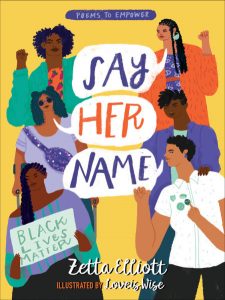 |
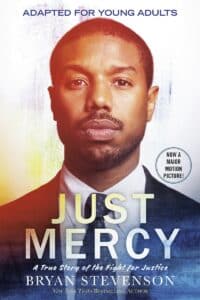 |
Young Adult Novels and Graphic NovelsAll American Boys by Jason Reynolds I Am Alfonso Jones by Tony Medina The Hate You Give by Angie Thomas Say Her Name by Zetta Elliott Also see books for children and young adults on the Social Justice Books Incarceration list, including a young readers’ edition of Just Mercy by Bryan Stevenson. |
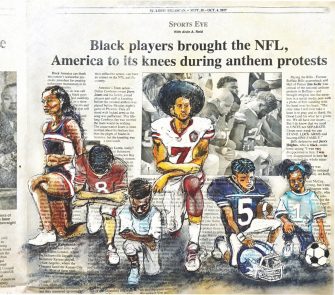 |
Articles and CollectionsStudent Athletes Kneel to Level the Playing Field by Jesse Hagopian (Rethinking Schools, 2017) Violence in Minneapolis is rooted in the history of racist policing in America: Police violence against African Americans has persisted for centuries by Keisha N. Blain (Washington Post, May 30, 2020) ‘We will overcome whatever [it] is the system has become today’: Black Women’s Organizing Against Police Violence in New York City in the 1980s by Keisha N. Blain, Souls: A Critical Journal of Black Politics, Culture and Society, Vol. 20, Issue 1 (Fall 2018): 110-121. Reading Towards Abolition: A Reading List on Policing, Rebellion, and the Criminalization of Blackness an invaluable list of books and articles compiled by the Abusable Past Collective If You’re New to Abolition: Study Group Guide by the Abolition Collective and published in Abolition: A Journal of Insurgent Politics Where Do the Police Come From? by Neal Shirley and Saralee Stafford (Scalawag Magazine, September 7, 2016) |
|
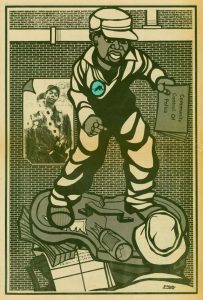 |
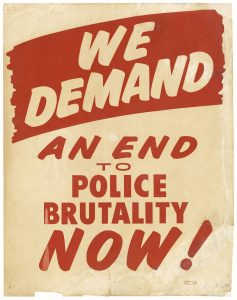 |
Primary Documents“#7. We want an immediate end to police brutality and murder of Black people, other people of color, and all oppressed people inside the United States.” — from the Black Panther Party 1966 ten-point program. Gordon Parks’s 1960s Protest Photos Reflect the Long History of Police Brutality in the United States by Daria Harper in Artsy. The Red Record: Tabulated Statistics and Alleged Causes of Lynching in the United States by Ida B. Wells-Barnett 1895. (To compare to the current annual list of murders — or lynchings — by police.) SNCC Digital Gateway Often missing from lessons on the Civil Rights Movement are the demands to end police brutality and violence by other white supremacists. Many stories at the website of the Student Nonviolent Coordinating Committee (SNCC) highlight the role of the police and organizing to defend communities. |
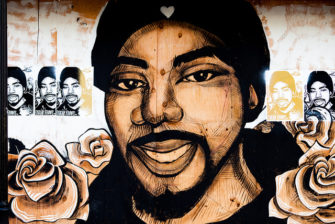 |
This Day in History SeriesSelected stories of police brutality and protests of the police, including a 1941 protest of police brutality in Washington, D.C. See This Day in History stories about the police. Art by Trust Your Struggle Collective and Dignidad Rebelde. Photo by Thomas Hawk. |
|
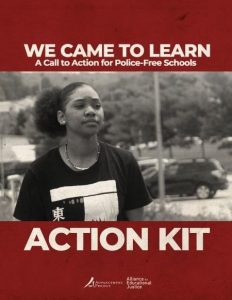 |
Campaign MaterialsWe Came to Learn: A Call to Action for Police-Free Schools A report from the Advancement Project offers the history of how school police became institutionalized in the public education system in the United States, documents the negative impact on students of color, and offers a guide for how to take action. Learn more and download. Documenting National Organizing toward #POLICEFREESCHOOLS by Christopher Rogers. A growing list of campaigns and resources to inform ongoing organizing in schools in defense of Black lives. Resource Guide: Prisons, Policing, and Punishment by Micah Herskind. A resource guide that offers introductory sources on policing, prisons, and punishment that the author has utilized over the years. Campaign Zero A police reform campaign with a platform that consists of ten proposals, all of which are aimed at reducing police violence. A result of critics who asked for specific policy proposals, this campaign has released three reports on its findings thus far. |
|
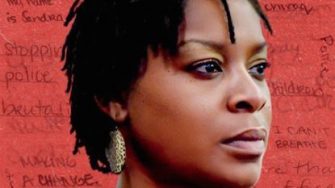 |
FilmsAbolition 101 taught by Orisanmi Burton. Fruitvale Station by Ryan Coogler about the murder of Oscar Grant. Say Her Name: The Life and Death of Sandra Bland by Kate Davis and David Heilbroner on HBO. Slavery by Another Name by Sam Pollard, Catherine Allan, Douglas Blackmon, and Sheila Curran Bernard about false arrests of African Americans to feed the convict leasing system. When They See Us by Ava DuVernay about the false arrest and imprisonment of five teenagers known as the Central Park Five. (Also see 13th.) |
|
Mapping Police Violence
Mapping Police Violence publishes comprehensive and up-to-date data on police violence in the United States to support transformative change.
Black Lives Matter — Protect and Serve | WHUT | 8/25/2016
SNCC veteran, lawyer, and Teaching for Change board member Tim Jenkins gives a 90-second history lesson about who the police “protect and serve”.
Perspective | The origins of policing in America | The Washington Post | 9/24/2020
Khalil Gibran Muhammad and Chenjerai Kumanyika explain how American policing grew out of efforts to control the labor of poor and enslaved people.

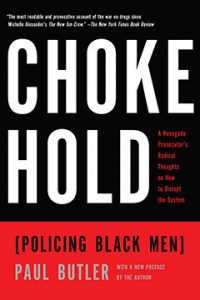
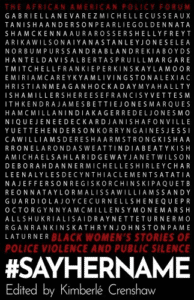
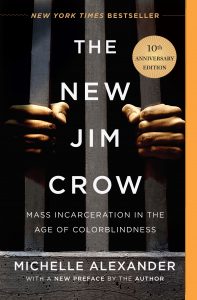
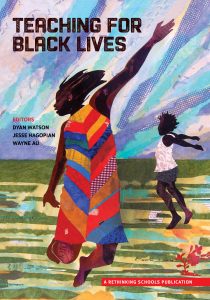
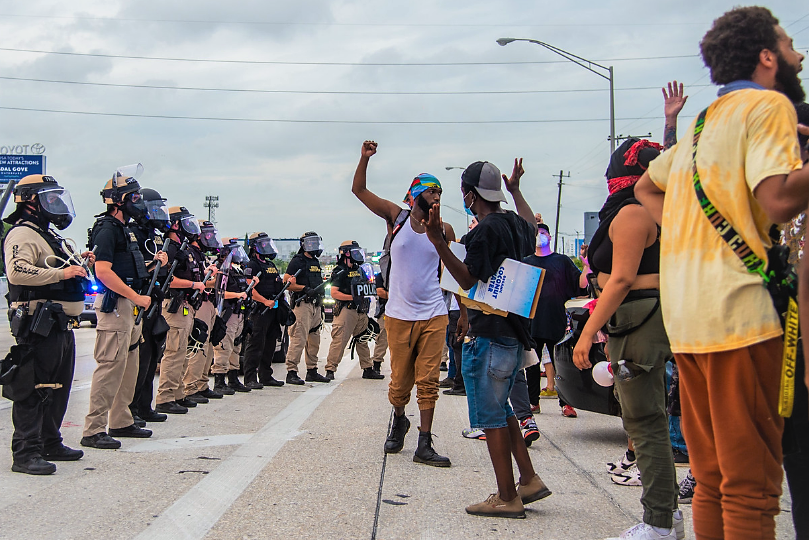
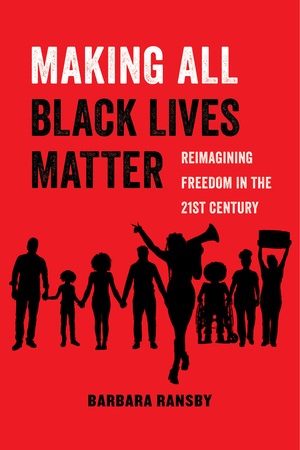
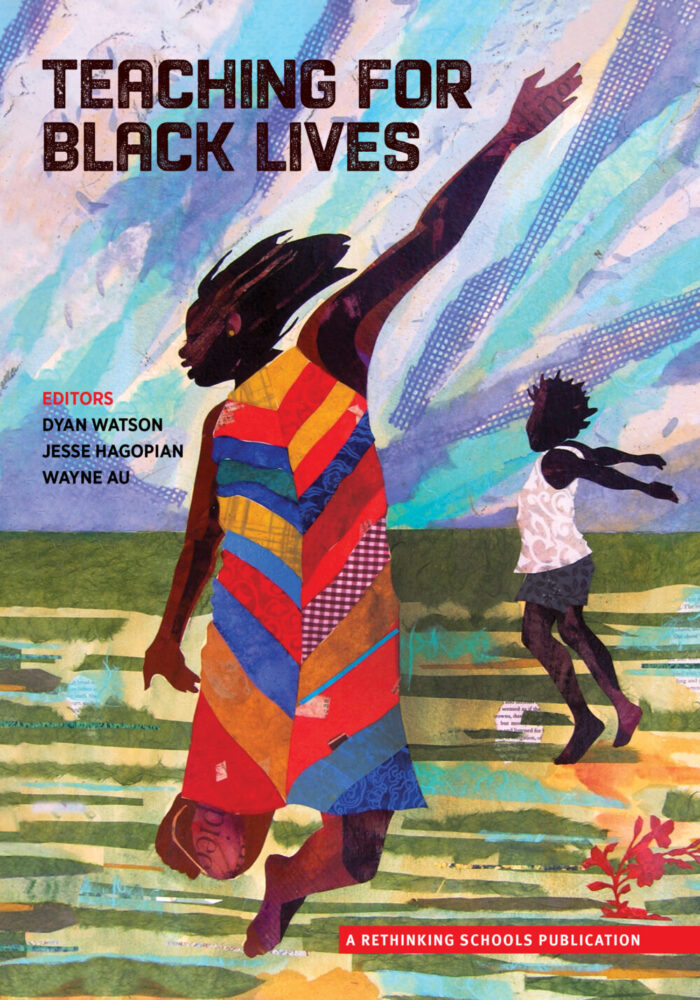
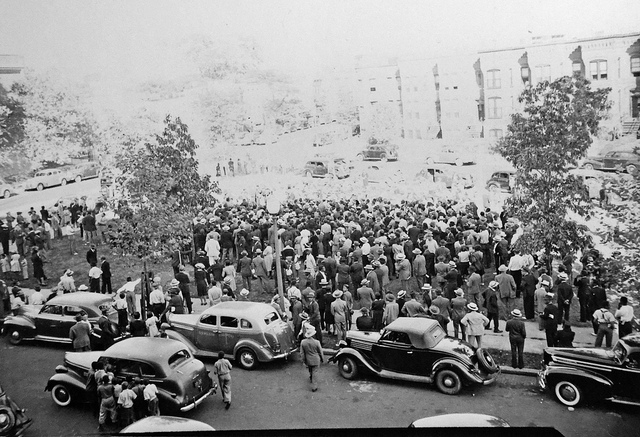
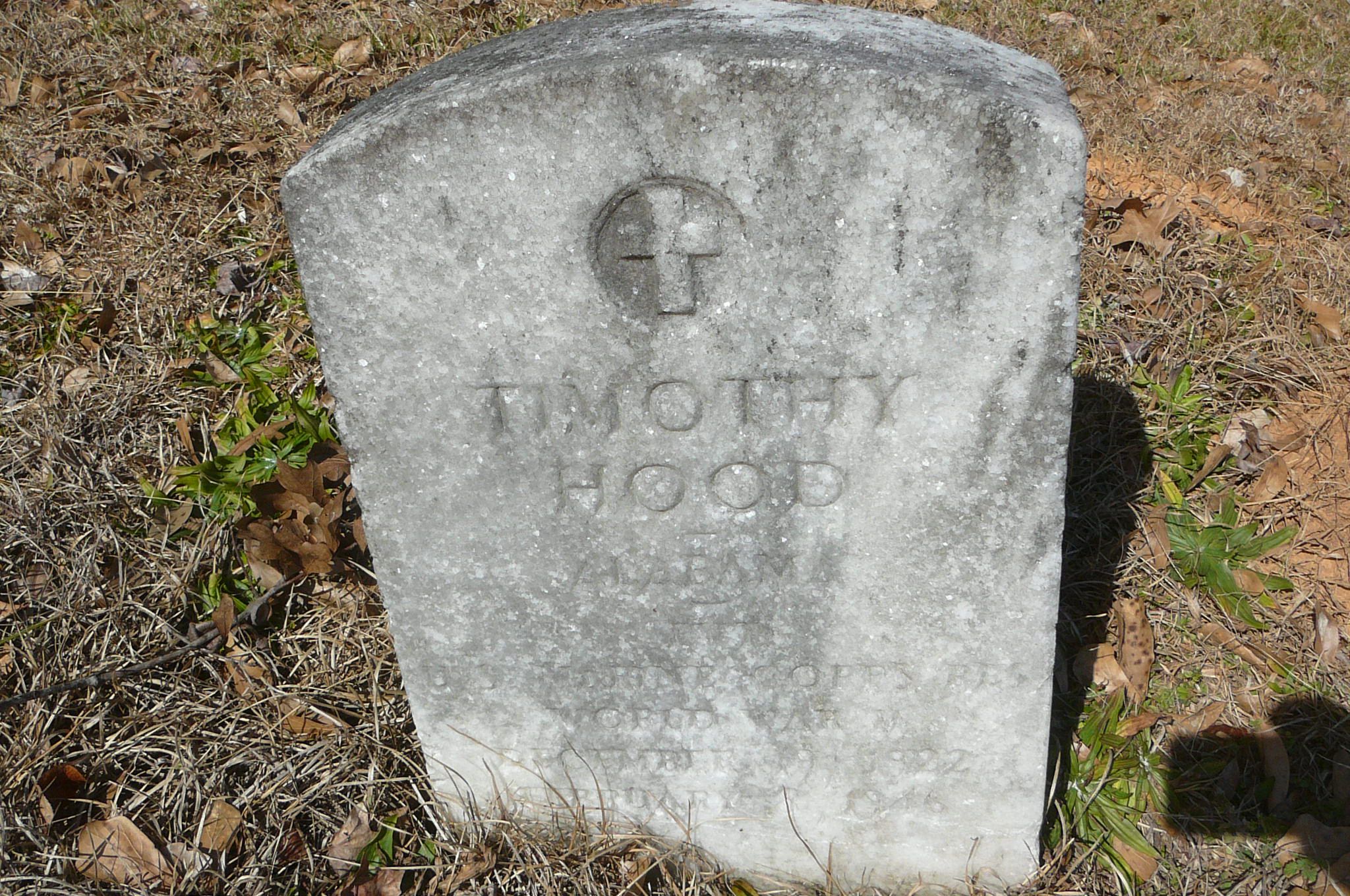
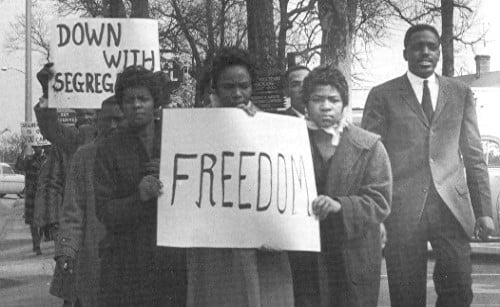
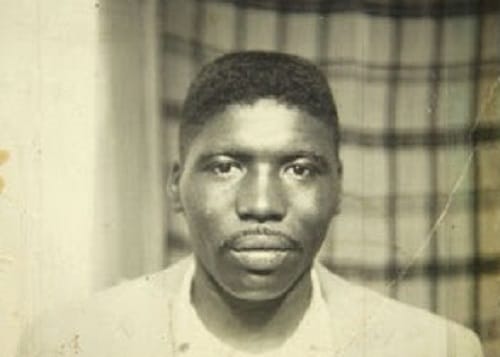
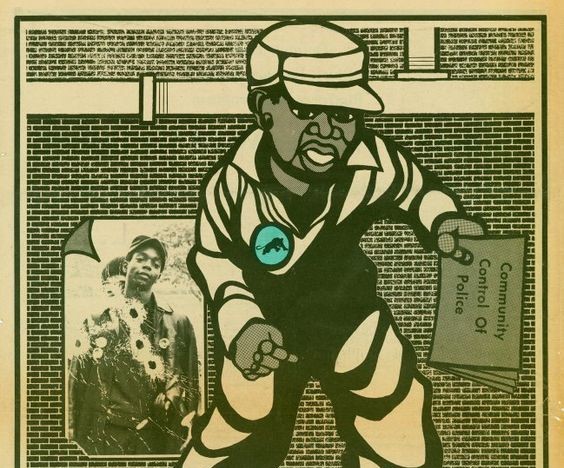

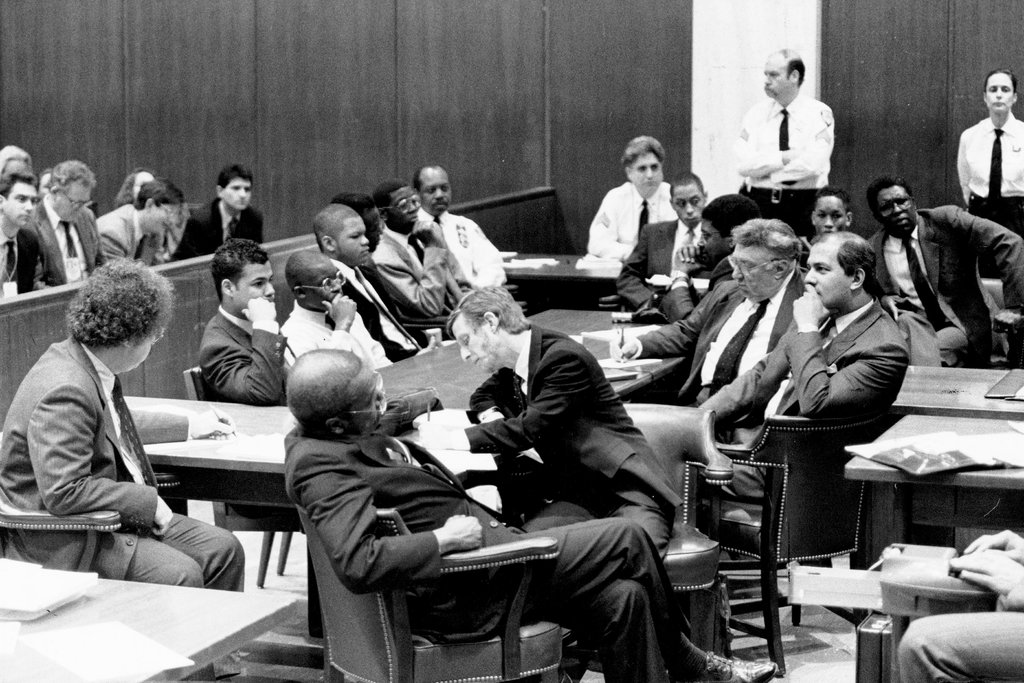
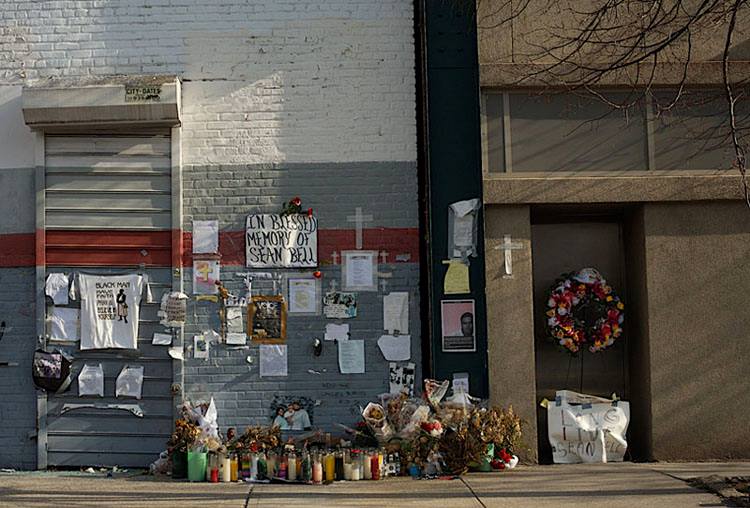
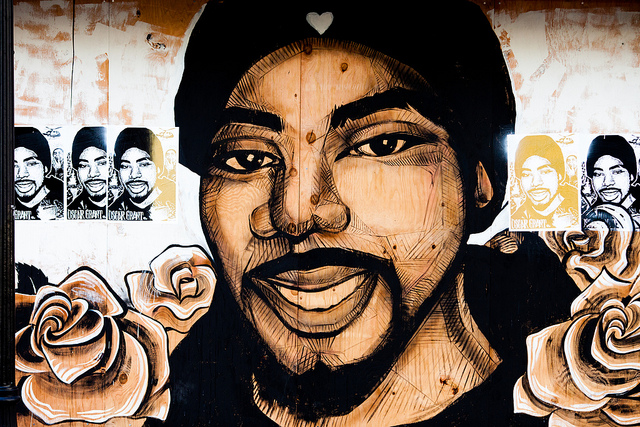
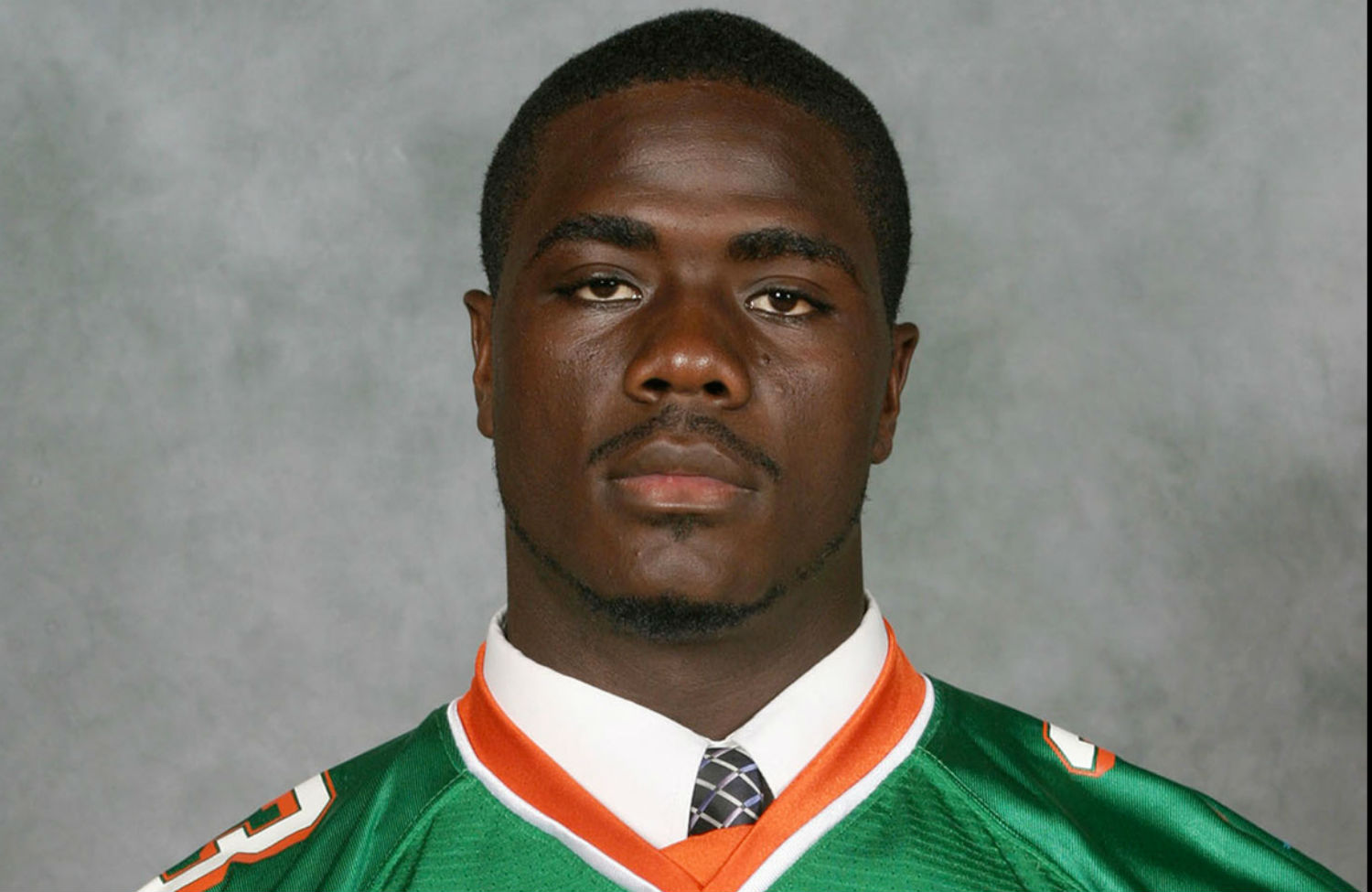
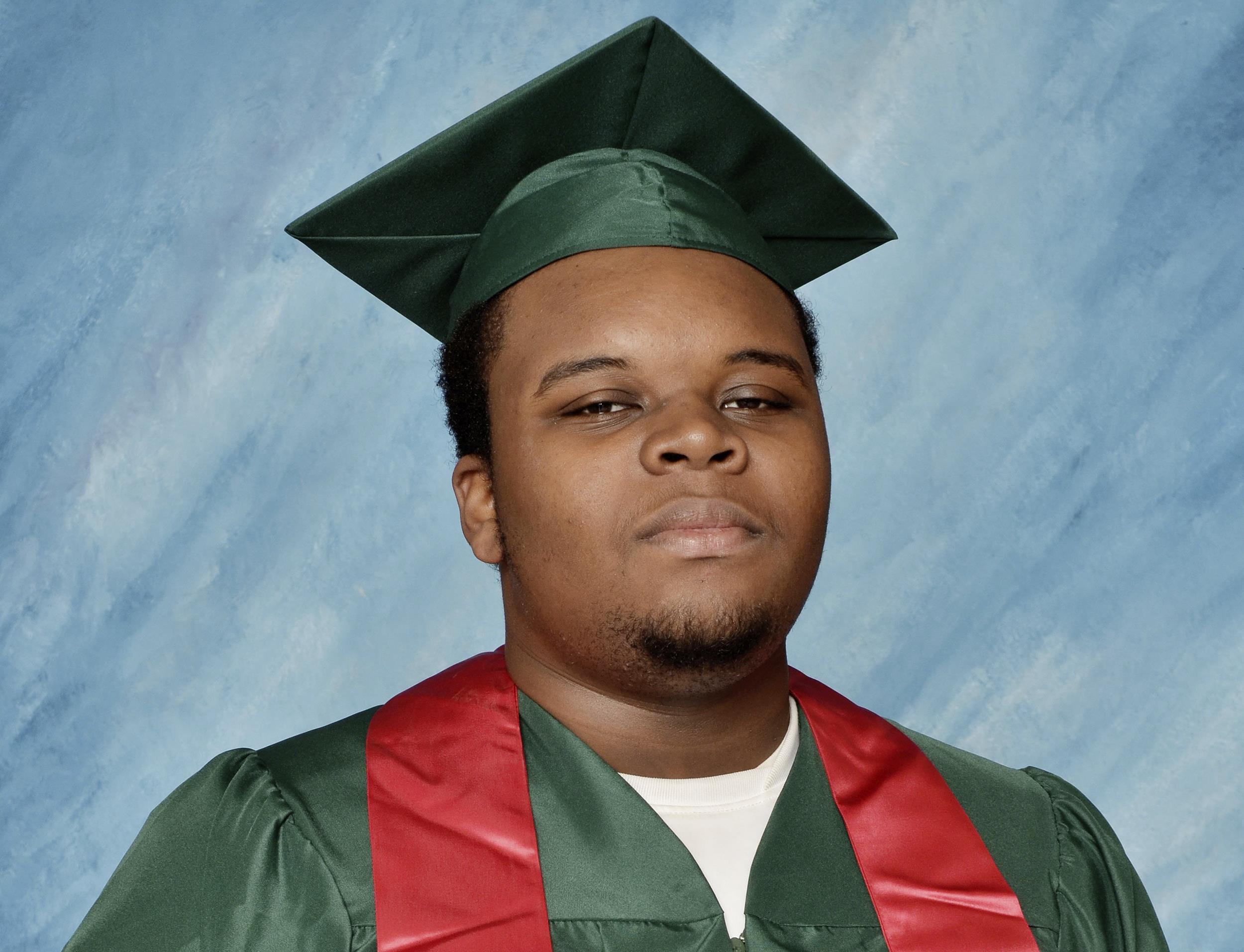
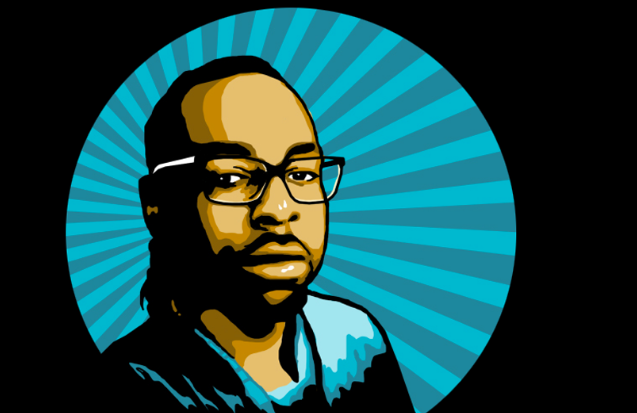
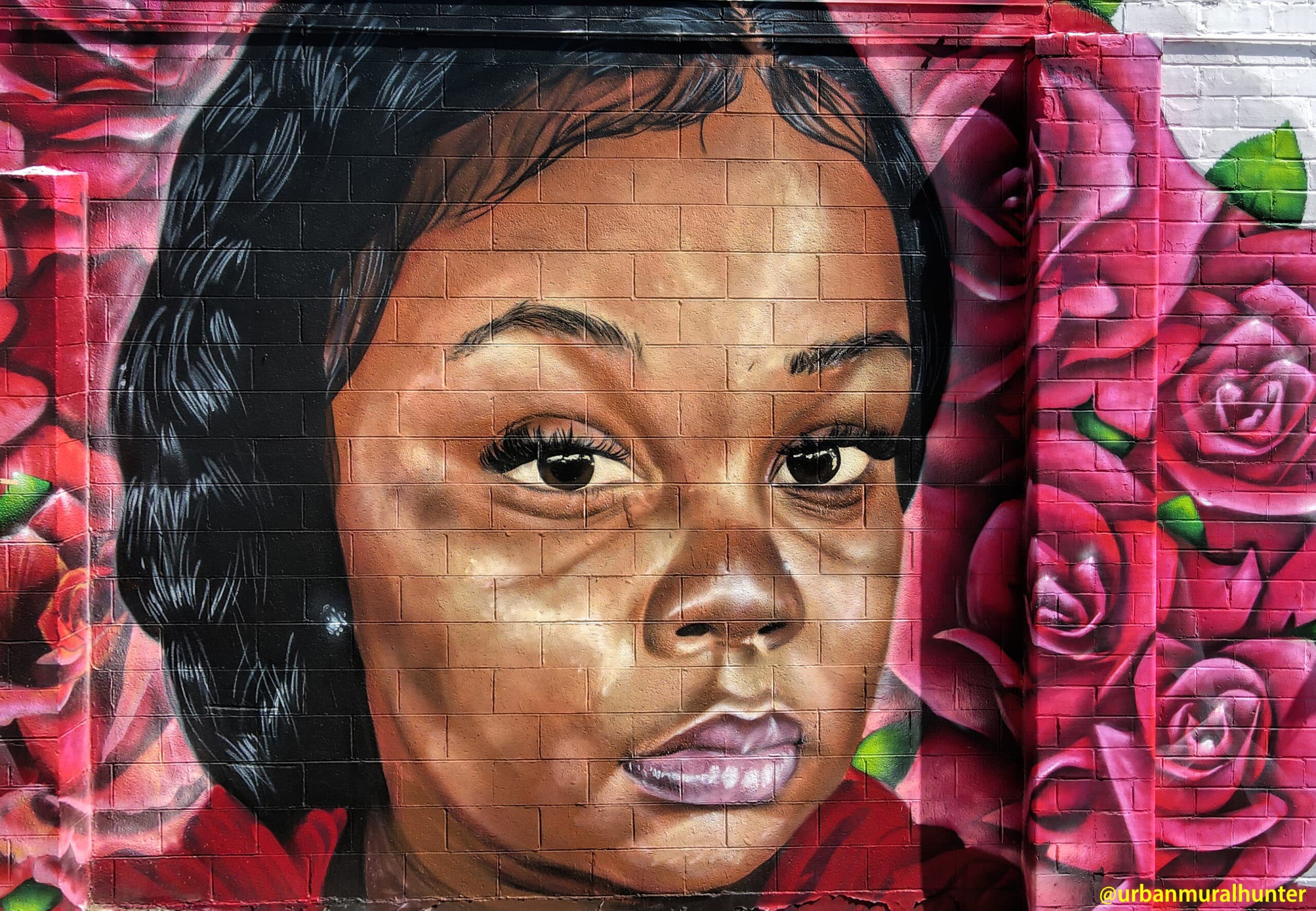





Twitter
Google plus
LinkedIn